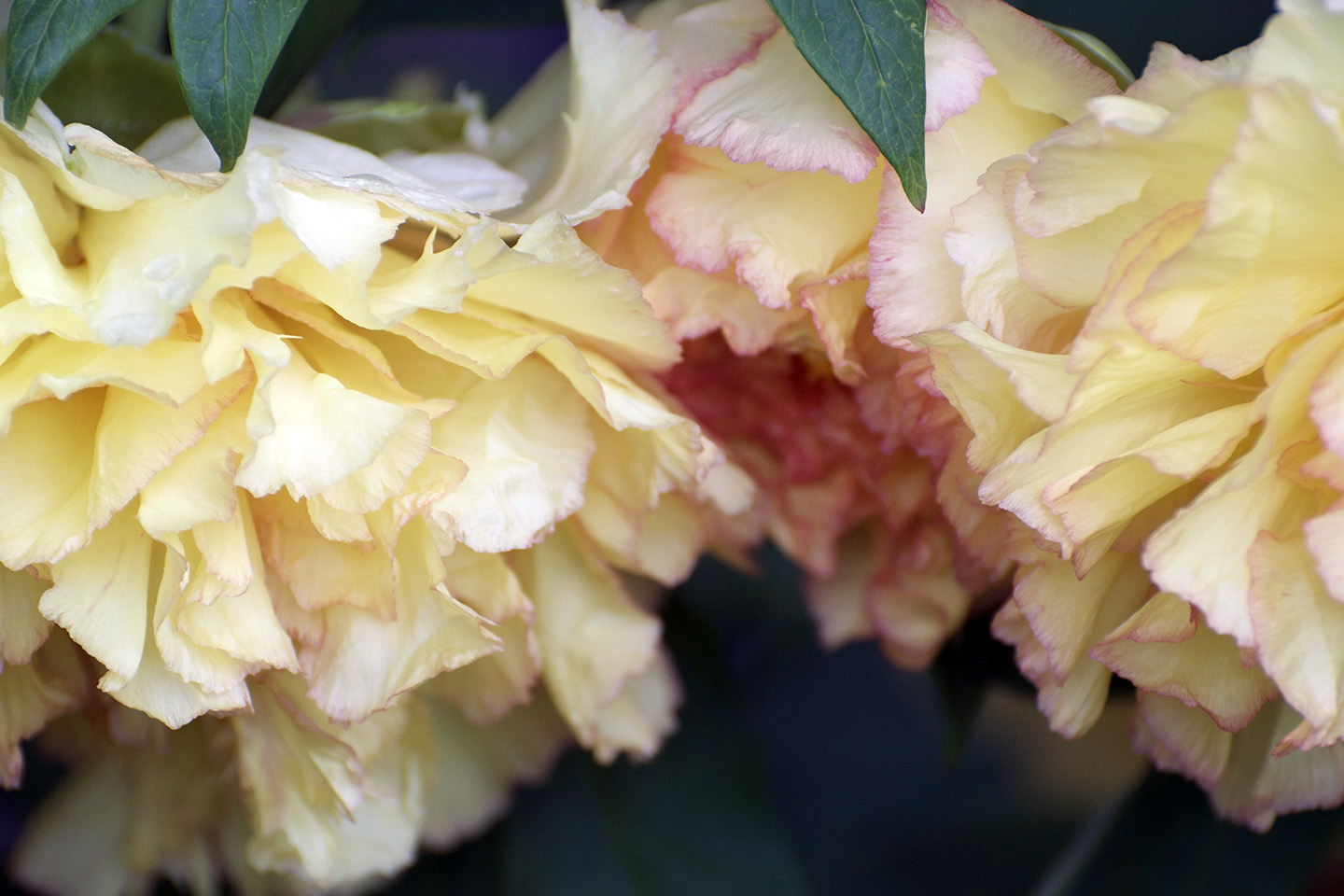These days I have a hard time remembering all the stuff I read during the course of a week. By all I mean not necessarily the storylines of the current novels on the bedside table – I can still keep those in my memory, if barely. But the rest, the various articles, essays, commentaries, headlines, art reviews or tweets, you name it, seem to leave fleeting impressions. Except when they don’t.
The current duo that stuck its tentacles into my brain comes from very different corners of my intellectual universe: one an artistic project of the most visual kind creating a glimpse of a potential past, the other a philosophical essay of the more cerebral kind envisioning a scenario of a possible future.

Avion Pearce is a NYC-based photographer who has a knack for telling stories through series of photographs that are staged. She manages to produce work that accomplishes both, strong stand-alone images and an unfolding of a story across the series – not an easy feat to pull off. Location, props, costuming, mask and staging are all her doing, as is lighting. She has a large technical repertoire when it comes to the latter, with an unfailing eye for what lighting tells the story best.

Her latest project, Shadows, tells the story of two Black female lovers in Louisiana of years gone by, hidden in a cottage at the banks of the Mississippi, going about their daily routines. The artist and a friend portrayed the women. It is remarkable how the mundane and the erotic, how pride and furtiveness all come across in photographs that are neither particularly dramatic nor particularly subtle. They are not shy of being pretty either, and if I had to translate them into speech, I would think we’d listened to a tenderly told tale, with lowered voices in a private setting, relating joy. Something we don’t come by easily these days, and likely not in those earlier ones either. (Images are all from the link to Pearce’s work.)

Joy is not the thing that comes to mind when thinking through the topic of Agnes Callard‘s essay: our willingness to acknowledge and prepare for a future without humans. Callard teaches Ancient Philosophy and Ethics at the University of Chicago and writes a monthly essay in The Point – a magazine for the examined life, which is one of the more interesting publications out there. Like Pearce, she tells stories or snippets of stories. Her’s embody philosophical or ethical insights in a way that the rest of us laypeople can actually grasp, in a language that is easily understood.

Her essay The End is Coming points out that there will be a future without humans on this planet (whether in about 700 years as many scientist argue or at some later point, relocation to Mars non-withstanding….) because the extant climate conditions will make it impossible to sustain human life. Callard wonders what will happen to humans when they know they are the last ones. Much of the meaning of life for us and those who came before us, if not all of it, rested on the assumption that there will be further generations in whom we live on, for whom it mattered what we created, in all areas of life from art to science. Will the knowledge that there will be no further generations lead to ethical and political collapse?
How do you care about self and others, be passionate about things, find meaning in something when you face extinction, whether as an individual or as a species? How do you overcome our resistance, one likely lasting close to (or beyond) the point of disaster’s arrival, to face the facts? Callard does not pretend to have the answer, but argues that we have the obligation, or humanists have the obligation, to face the scenario and help equip that last generation with courage.

“The humanist was never really in the business of making progress. Her job is to acquire and transmit a grasp of the intrinsic value of the human experience; this is a job whose difficulty and importance rises in proportion to the awareness that all of it will be lost. It is the humanist’s task to ensure that, …, things will not stop mattering to people. We must become the specialists of finitude, the experts in loss, the scientists of tragedy. “
Here’s my optimistic (?) alternative. By the time extinction comes around, there will be very, very few of us, with heat, cold, famine, and flourishing pandemics having wiped out most of humanity already. Maybe we’ll regress during these remaining 700 years to a point where we are not aware of the finiteness of existence, where we move through our short lives more like the mammals we originated from. Spared that conscious knowledge, the very last generations will feed, mate, die in due natural cause, with an experiential horizon that barely extends the Now and prevents anticipatory anxiety. And then it’s curtains for a species that was driven by greed and hubris to speed up its very own extinction.

Not what you needed to think about on a Monday morning? Here is cheerful distraction: Gottschalk was born in New Orleans in the 1800s and lived for some years in Cuba. The music goes well with Pearce’s Shadows.






Sara Lee Silberman
A LOT to think about! Including that there are days/weeks when it seems as if our species has fewer than 700 years left? Agree on the way Gottschalk’s piece enhances Pearce’s splendid shadows….
Gisele Guerrasio Sanders
Question: Is it too much to believe the world WILL continue without us? OH, down ego! Down vanity!
Sam Blair
99.9% of all species who ever lived have gone extinct. When a species goes extinct after events have already begun that ultimately result in it’s extinction, the experts call it living in “extinction debt”. Ouch!